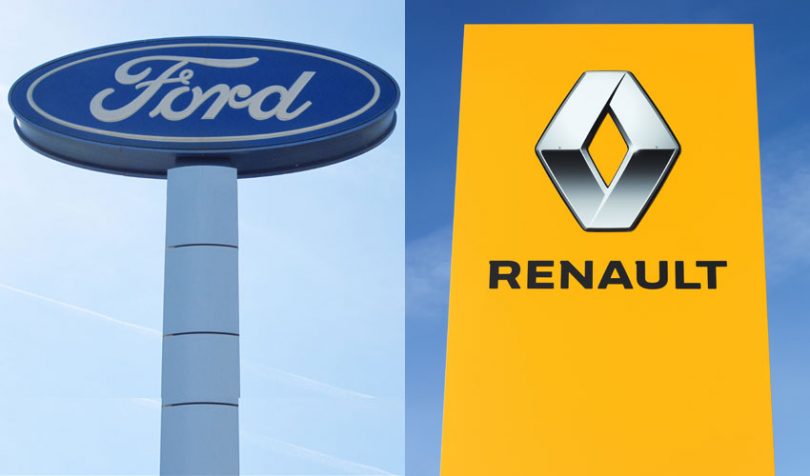Blockchain consortium MOBI (Mobility Open Blockchain Initiative) has announced the launch of the automotive industry’s first Vehicle Identity (VID) standard for use on blockchains.
MOBI, which counts Renault, Ford, GM, Honda and BMW amongst its members, aims for VID to be the foundation upon which firms build to improve road safety, lower carbon emissions and alleviate traffic congestion. Renault and Ford led the working group for this first MOBI standard. But there were more than 20 contributors including Accenture, BMW, Cognizant, ConsenSys, GM, Honda, Hyperledger, IBM and IOTA.
The first phase of the project will involve providing brand-new cars with a digital identity (the VID) to establish their existence. There’s the potential in future to track events in the car’s life. This could include a change in ownership, any repairs, and also insurance claims. The VID could then be used to gain access to that car’s data record.
The philosophy behind this first phase is that “a crucial first step to enabling these [blockchain] networks is for participants to be able to identify each other in a way that everyone understands,” according to MOBI VID Working Group co-chair Alan Gordon.
By establishing a standard, it also means that different applications and blockchains could use the same car identity format. If one blockchain used a different identity format, it would make it far harder for blockchains and applications to talk to each other. So a standard identity format is an essential requirement for future blockchain interoperability.
Assigning a digital vehicle identity is also the first step towards several use cases.
One instance involves charging electric cars. For example, Bosch has built a prototype which aims to streamline the charging process. So drivers can find a station, reserve their spot, and pay without hassle, with the car doing much of work by itself. This is all achieved via a DLT, which necessarily requires cars to be digitally identifiable.
BMW is aiming to tackle odometer manipulating to prevent resale fraud (a perceived lower mileage leads to a higher price). The system involves storing every interaction with the car as a hash on the public blockchain. This could be used to verify the vehicle against its VID.
VID could also be of benefit to the development of autonomous cars. Chorus Mobility, which recently won MOBI’s Grand Challenge, seeks to facilitate vehicle-to-vehicle and vehicle-to-infrastructure communication, to increase safety and ease congestion.
Also heading in this direction, Fraunhofer FIT has developed a prototype that enables platooning vehicles to communicate with one another.







